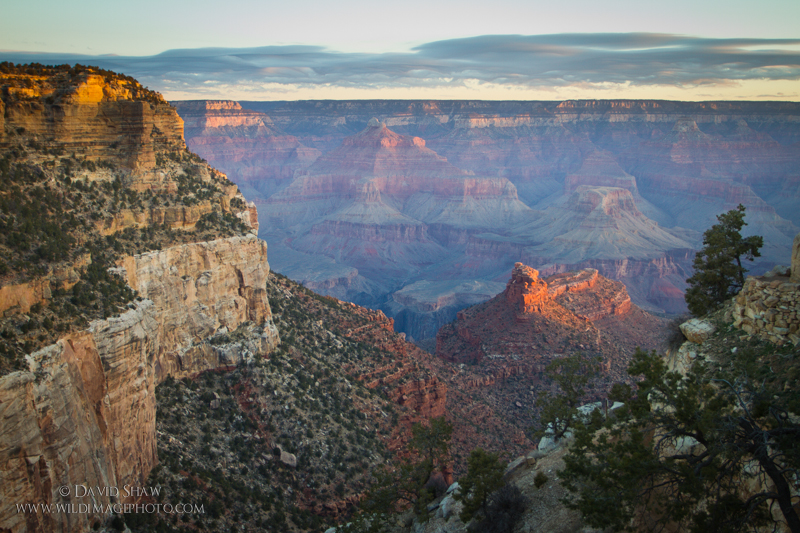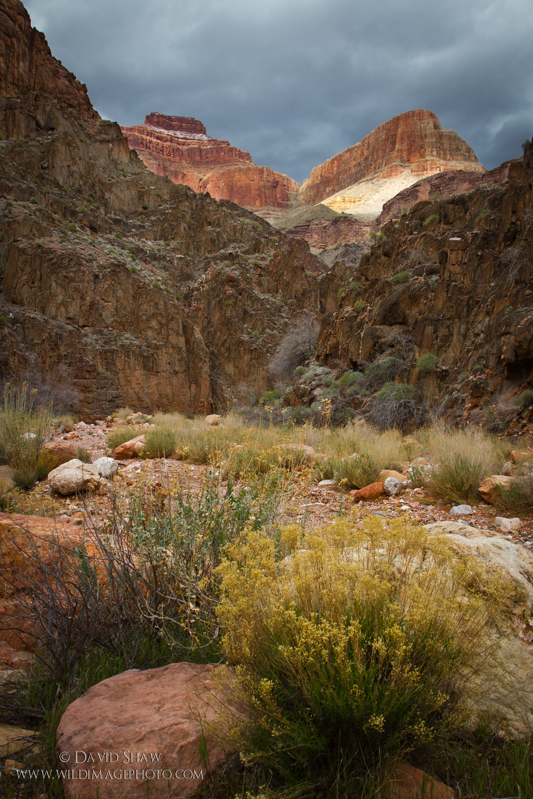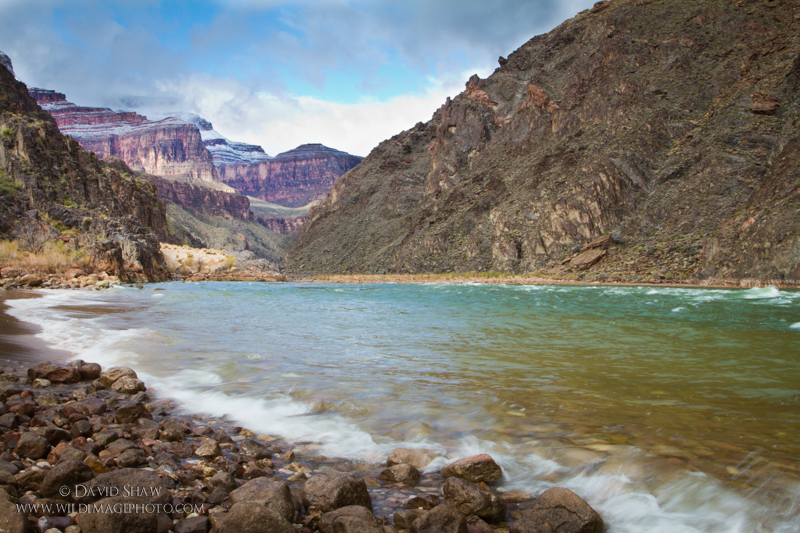I’ve been spending a lot of time thinking about photography recently. Of course, that isn’t anything unusual, but I’m thinking of it now from a the perspective of a teacher. As I’ve mentioned a time or two before, I writing an issue of Photographic Magazine, and I’m finding something out about myself as I’m working on it. It’s WAY easier to write about the technical aspects of photography, the science of our art, if you will. But discussing the actual artistic process is much harder. Often as I’m struggling for words, I feel myself reaching into the preachy, woo-woo area. It’s almost impossible to avoid. As much as we want photography to be included as equal to other arts, we seem to have voluntarily separated ourselves. Look at any photography magazine and you’ll find that the vast majority of articles are about camera settings, lighting set-ups, and gear. While these are certainly part of the process of photography, they have little to do with the making of art. The language of art and creativity is rare in the vernacular of photographers.
Anyway, all that is an aside, because the things I’m trying to include in my articles are not limited to technical aspects, but how to make the images your own. This is HARD. One core point though that I make throughout the issue and that I’ll make here, is to avoid imitation. Photographers are drawn to places where others have worked before. We, and I include myself here, want to photograph places and landscapes that have been made famous in calendars and postcards. It’s fun to shoot the classic scenes. It’s fun because your composition is predictable, and easy. But unless you are careful, it probably won’t be new.
So how to break out of this trap? My favorite way is to move myself. Just because I’m at the Grand Canyon doesn’t mean all of my images have to be made from the Bright Angel Trail. Get out, explore, go deep. It’s not easy down there, whether its the depth of the canyon, or the depths of your imagination. But in those dark places you’ll make images that are your own, not the imitation of others.
Take this image for example. I made this photo from the top of the Bright Angel Trail early in the morning as my Dad and I hiked down into the Grand Canyon to start a 17 day river trip. It’s not a bad shot. There is some nice morning light, it’s got the iconic, red, carved rock visible on the far side and some desert junipers in the foreground. Nice and absolutely not original. Every photographer who has ever stood atop the South Rim probably as this image, or one almost exactly like it in their collection.
Now let’s take a look at this shot. This photo was taken the day following the image from the top of the canyon. We were having a layover day at a camp just up from Granite Rapids. The night before it snowed in the higher country above the river and the storm was blowing off. I walked, with very sore muscles, up a small creek. When I saw this composition of the desert brush foreground, the basalt walls of the inner gorge and the towering sun-patched and snowy red wall above, I knew I’d found something good. More importantly, this image is mine. I’ve never seen it before, nor even another image from this perspective. I didn’t imitate or emulate another photographer. This image is original, and mine. That, more than its light or composition, is why I like it.
Here is another from the same day as the one above. This from the eddy just below Granite Rapid. The perspective from the river is rare enough in images of the canyon to make this photo different from the run-of-the-mill photos made from the rim. But the fortunate light and weather make this one mine and mine alone.
There is a deep pleasure in making images that aren’t imitations. But doing so will require you to at the very least exercise your brain, but its even better if you can move yourself. So go on, get up, grab your camera and go!
Related posts:
Under bright blue skies and intense sun, huge mushing teams took to the...
Sun halo and the Kongakut River in the Arctic National Wildlife Refuge, A...
On our final morning on the Jago, as we waited for the weather to cl...



